Every self-respecting lady of the house maintains a supply of products in the freezer, which she can count on in cases of unexpected guests or in the middle of winter, when favorite vegetables are hard to find in stores.
Unfortunately there are products that are damaged by the cold and freezing them is not at all appropriate. For them, freezing may ruin the texture or taste or lead to a decrease in the amount of healthy qualities.
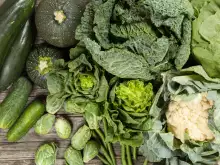
Here's a list of the products that have no place in your refrigerator's freezer:
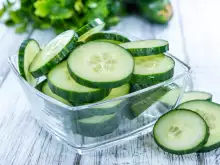
Thawed products

Once thawed, products so longer have a place back in the freezer because a secondary freezing may pose health risks. Refreezing boosts the growth rate of bacteria and as a result you may suffer severe food poisoning if you consume the product.

Dairy products
All dairy products, including soft cheeses, yoghurt and milk, as well as cottage cheese, can and should be stored only in the refrigerator. Freezing them will cause curdling of the product, its texture will be ruined. As an exception, you can freeze cheese and certain hard cheeses but not for an extended period of time.
Leafy vegetables
No matter how much you would like to preserve the fresh lettuce that have grown in your garden for a long time, don't do it. Cabbage, lettuce and other salads must not be stored in the freezer if you would like them to keep their wholesomeness. In addition, they wither rapidly and lose their taste.
Vegetables with a high water content
Most vegetables feel all right in the refrigerator but have no place in the freezer. Never freeze onions, radishes, cucumbers, tomatoes, peppers and cauliflower because you risk them turning into a formless gelatinous sludge when thawing them.

Eggs
Fresh eggs will literally explode if you freeze them. Boiled eggs should also not be frozen because the whites will have the consistency of rubber once thawed. You should only keep fresh eggs in the freezer if you've separated the egg yolks from the egg whites ahead of time and not for long even then.
Sauces
Don't try to freeze sauces or mayonnaise because after thawing they will always curdle and turn into a murky, wet mass.
Add fried foods to the list of foods that should never be frozen. After thawing they end up a soft, wet, shapeless mass.
You might be able to eat them after you heat them in the oven or on the stove but their taste qualities will remain questionable.

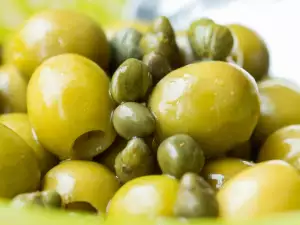




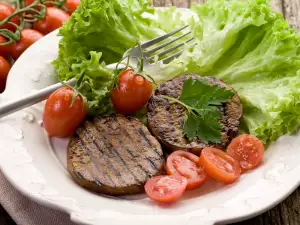

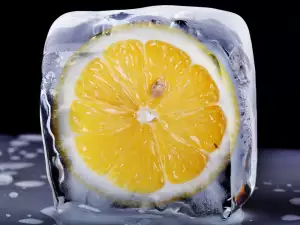


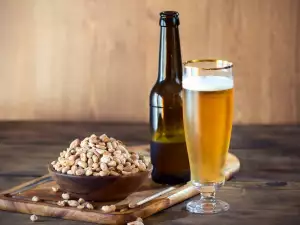

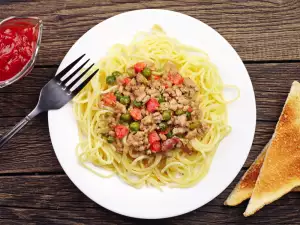






Comments